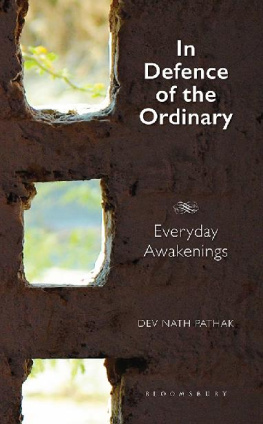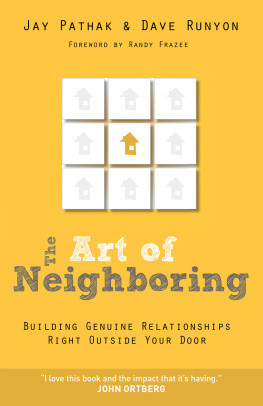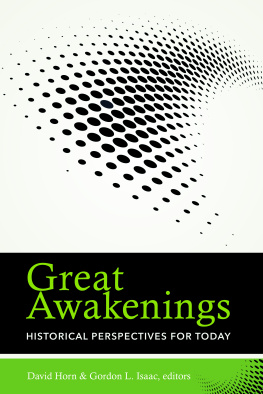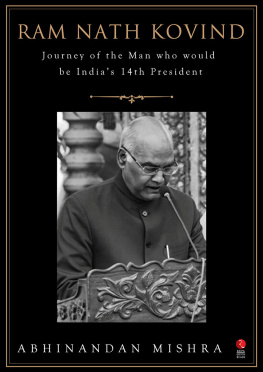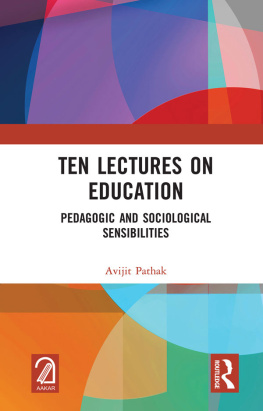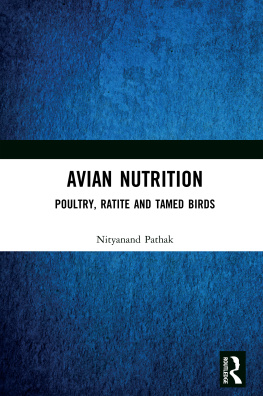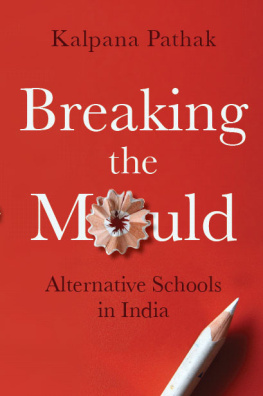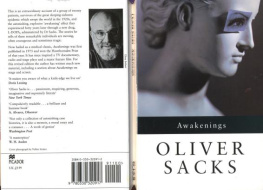Advance Praise for In Defence of the Ordinary
This book neither ascends nor descends into the ordinary. Instead, it accesses and exceeds the everyday. Dev Nath Pathak scrabbles and scrambles the personal as the public, the routine as the transgressive, the affective as the constant, the image as the immanent, the vernacular as the cosmopolitan, the word as the world and vice-versa. A haunting work intimating spectral challengesacross the ruins we inhabit.
Saurabh Dube,
Noted Historian and Anthropologist; Professor at El Colegio de Mxico and Fellow at Institut fr die Wissenschaften vom Menschen, Wien/Vienna, Austria
Taking clues from personal experiences, folklore, classical epics, literature and cinema and of course academic discourses, the author of these essays delves into a range of emotions with the objective to awaken the dormant potential of emancipation every day rather than waiting for an occasional charisma induced by a holy book or a secular gimmick. The book encompasses everyday situations and ordinary (hence universal) experiences of life, including the ultimate and inevitable onedeath, and tries to take the reader along on this journey of reflection. The result is a delightfully composed prose with interesting insights.
Purushottam Agrawal,
Renowned Cultural and Literary Critic and Author; Former Professor at Jawaharlal Nehru University, India
What is a book? It is assumed to have certain universally shared features such as structured thoughts, formalised expression while respecting the rules of consistency and coherence. By their very nature, these features undermine the authenticity of ordinary human experiences and do injustice to their fluidity and richness. How then should a book be defined and written? This fascinating book provides one answer and exemplifies it through practice. It is full of insights and will repay close study.
Bhikhu Parekh,
Eminent Philosopher and Member of the House of Lords of the UK
In Defence of the Ordinary is a book that will appeal to a wide range of readers. It covers a wide range of subjects, all of which touch upon authors life and experiences as a teacher, scholar, husband, father and son(-in-law). He brings his experience as a sociologist and his work on folklore to the text in a way that is lively and interesting.
Roma Chatterji,
Seasoned Anthropologist of Folk Art and Professor at the Department of Sociology, University of Delhi, India
A splendid work of art, In Defence of Ordinary returns drama, pleasure and awakening to everyday life. It takes us on an ambitious but quiet journey, through poetry, politics, philosophy, religion, livelihoods and everyday encounters between selves, others, gods and things, in the tradition of cultural critics like Ashis Nandy and Umberto Eco. It risks academic protocols and disciplinary boundaries, and with great courage cuts through the division between thought and life that plagues modern academia. The book is one of a kind.
Prathama Banerjee,
Noted Historian and Political Theorist; Professor at Centre for the Study of Developing Societies (CSDS), India
In this fascinating collection of essays, Dev Nath Pathak explores a wide range of questions related to ordinariness. A flneur of our everyday spheres of life, he excavates the multiple layers of social, political and artistic thinking and experimentation of the Indian society with an unparalleled lightness of prose worthy of a Baltasar Gracin and Georg Lichtenberg.
Ramin Jahanbegloo,
Philosopher, Professor, Vice Dean and Executive Director at Mahatma Gandhi Centre for Peace Studies, O.P. Jindal Global University, India
This book is a reflective and joyous celebration of the ordinary. Drawing on diverse examples of everyday life, from dealing with babies to more weighty issues around love, the book builds an engaging web of thoughts about things which are ordinary but in their very ordinariness hide deep social truths. Using examples from commonly enjoyed music, stories and films, Pathak brings a lightness to his critical eye while reminding us how much of the ordinary has been forgotten in academic pursuits.
Sundar Sarukkai,
Renowned Philosopher and Thinker in Contemporary India
From cosmic continuities to the unanticipated and incessant interruption of everyday life, the ordinary is both a shifting terrain of inquisitiveness, inclination and an anchor in the volatility of human relations with the earth. Dev Nath Pathak speaks to us from the middle of these things, unafraid of muddying the waters with reflections that intertwine his inordinate knowledge of Indian philosophy, cinema and storytelling with improvised ruminations on everythingfatherly play, compassionate lust, youthful disagreements, friendship, journeying and fandom. Throughout, there is the pursuit of the sensuousness of teaching, of what it means to convey and impart in an implicit critique of how corporate education has become, how easy it is to defy authority and how sharing and equanimity can be demonstrated in multiple encounters not needing a classroom. There is a resounding surfeit of liveliness in all of these parables, a sense of really being alive as something accessible to everyone no matter how difficult their situation or how commodified and performance-oriented living has become.
AbdouMaliq Simone,
Seasoned Urbanist and Professor of Sociology at Goldsmiths College, University of London, UK
In Defence of the Ordinary
In Defence of the
Ordinary
Everyday Awakenings
Dev Nath Pathak
BLOOMSBURY INDIA
Bloomsbury Publishing India Pvt. Ltd
Second Floor, LSC Building No. 4, DDA Complex, Pocket C 6 & 7,
Vasant Kunj, New Delhi, 110070
BLOOMSBURY, BLOOMSBURY INDIA and the Diana logo
are trademarks of Bloomsbury Publishing Plc
First published in India 2021
This edition published 2021
Copyright Dev Nath Pathak, 2021
Illustrations Sajal Roy
Dev Nath Pathak has asserted his right under the Indian Copyright Act to be identified as the Author of this work
All rights reserved. No part of this publication may be reproduced or transmitted in any form or by any means, electronic or mechanical, including photocopying, recording or any information storage or retrieval system, without the prior permission in writing from the publishers
This book is solely the responsibility of the author and the publisher has had no role in the creation of the content and does not have responsibility for anything defamatory or libellous or objectionable
Bloomsbury Publishing Plc does not have any control over, or responsibility for, any third-party websites referred to or in this book. All internet addresses given in this book were correct at the time of going to press. The author and publisher regret any inconvenience caused if addresses have changed or sites have ceased to exist, but can accept no responsibility for any such changes
ISBN: HB: 978-93-90358-09-0; eBook: 978-93-90358-25-0
Created by Manipal Technologies Limited
To find out more about our authors and books visit www.bloomsbury.com and sign up for our newsletters
To Sir
(Avijit Pathak)
With Love
For,
a teacher can seldom retire
from the life of a student!
Contents
Why should I write? Or why should anyone write? To some prolific writers, these may appear to be rhetorical questions. Some others may still try to answer. In fact, there is an elaborate industry promoting creative-writing courses that answer the question in one manner. Indeed, there could be many answers, recounting the utilitarian benefits of the mathematics of success and failure in life and career or romantic ideas about the fulfilment of desire and connection with the world at large. The global pandemic has triggered an opportunity to rethink our basics. I need to write since it is the only way I can find a release from the repressive mechanism that is at once imminent and immanent. It is a cultural practice of therapeutic value for the author and for the readers and critics in case they are interested in such experiences as release! This book is an enactment of that release, to begin with, of the author, followed by the use of various pronouns across the essays such as I, you, we and us. The idea of release is central to this book. Precisely, it is a release from one realm of the ordinary to another. We can understand the significance of release if we allow ourselves to pay attention to one of my favourite satirist Sufis, Mulla Nasruddin. I recount two parables to justify the authorial liberty jarringly felt across this book:


